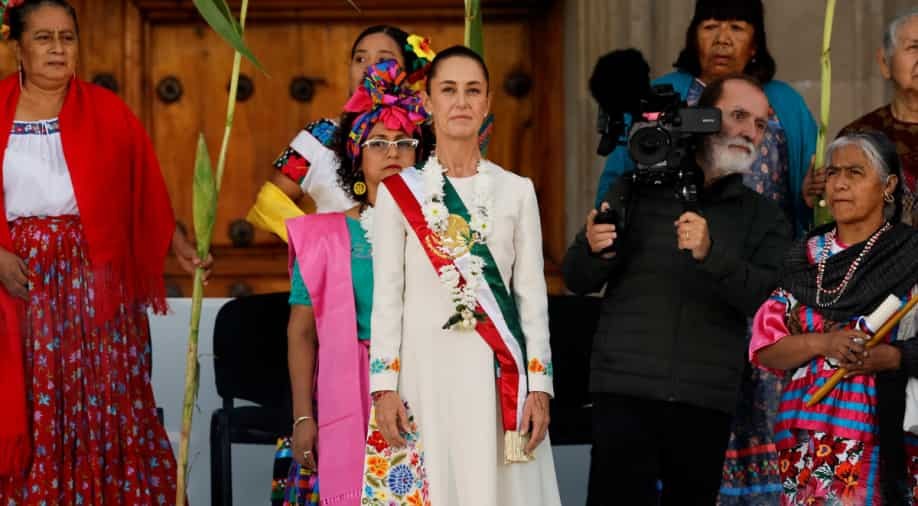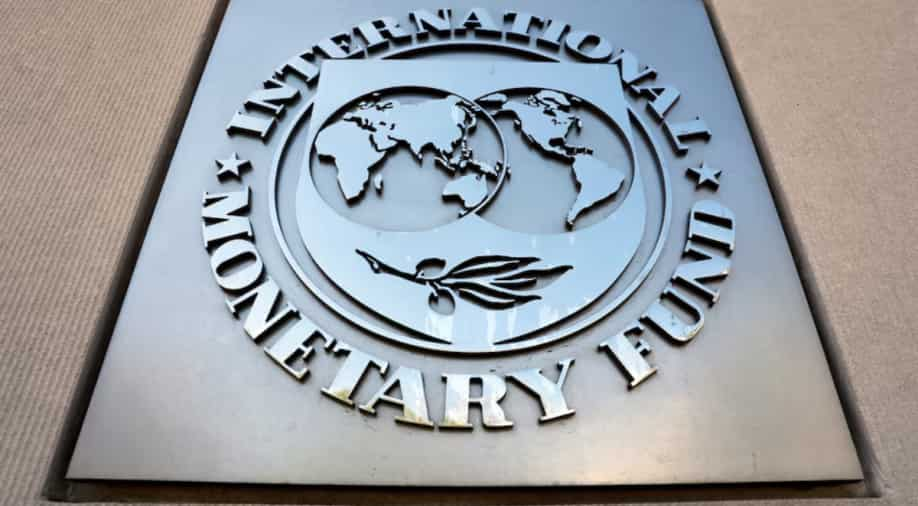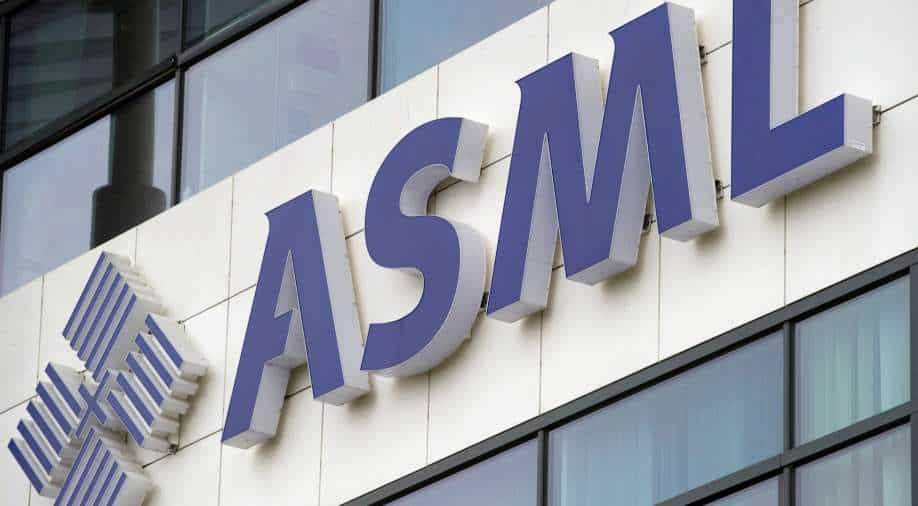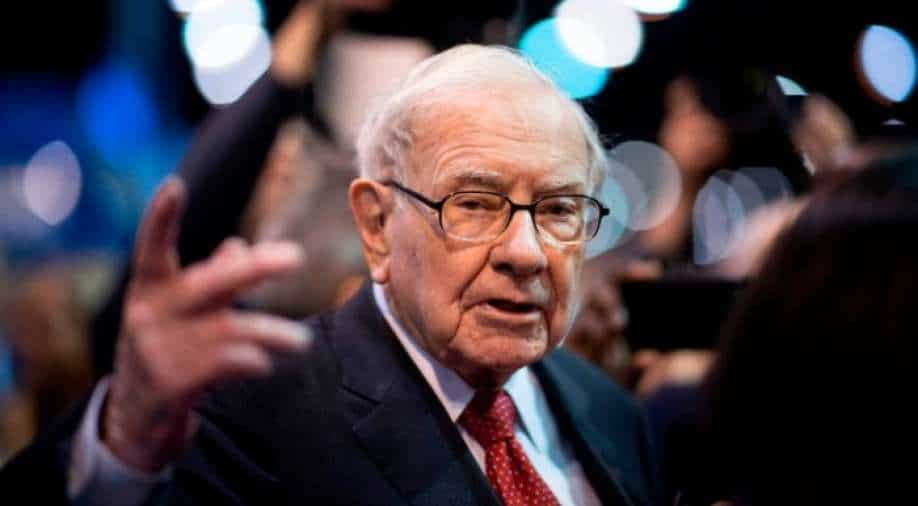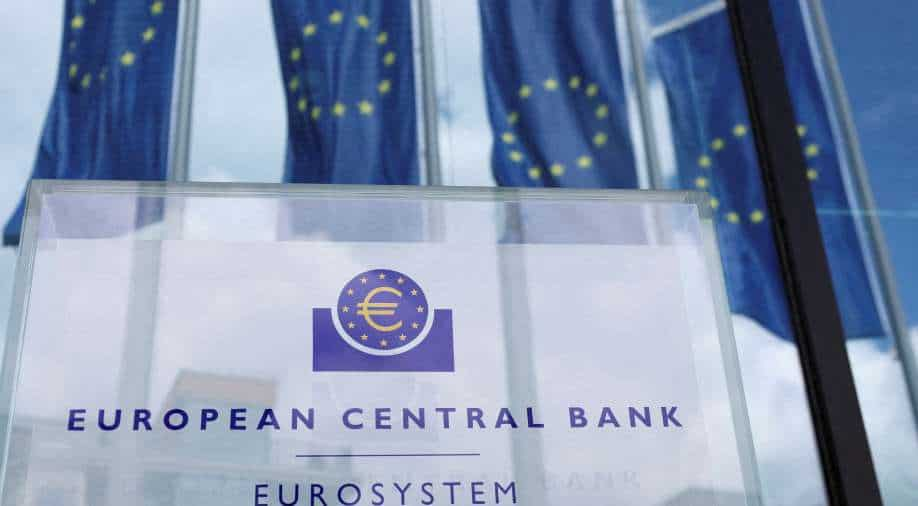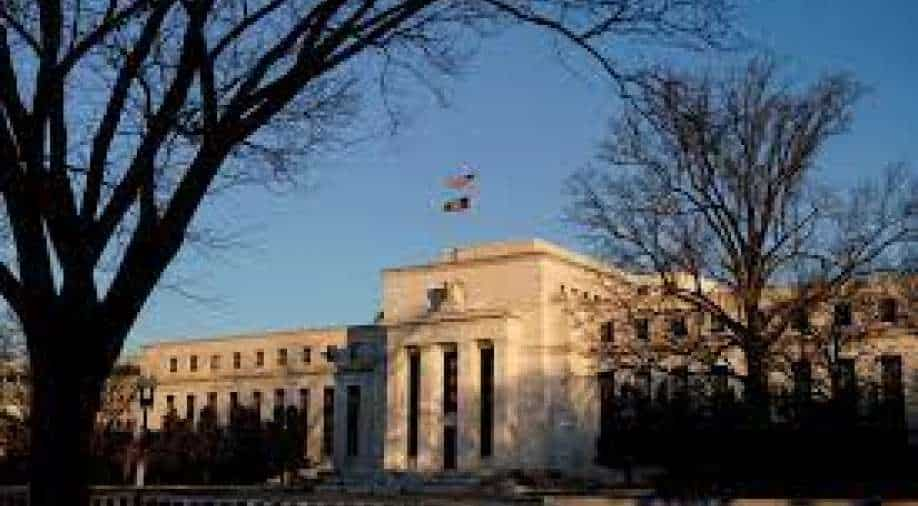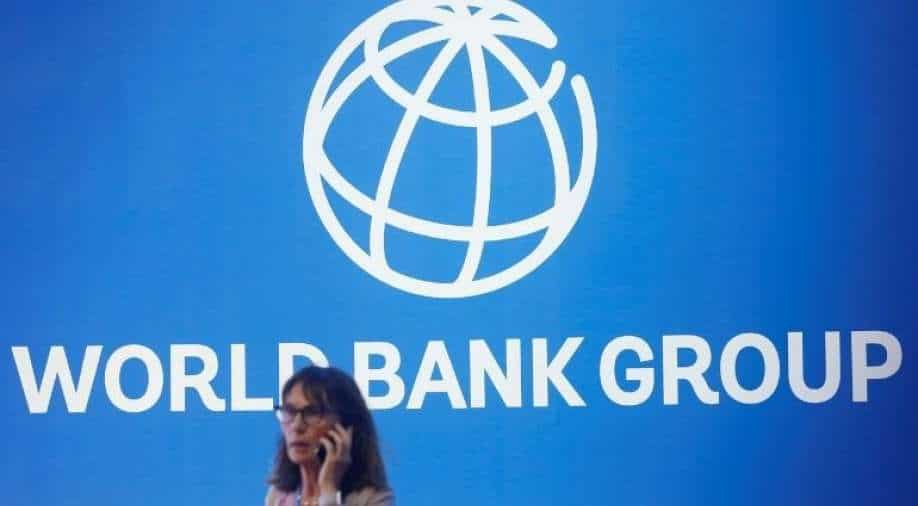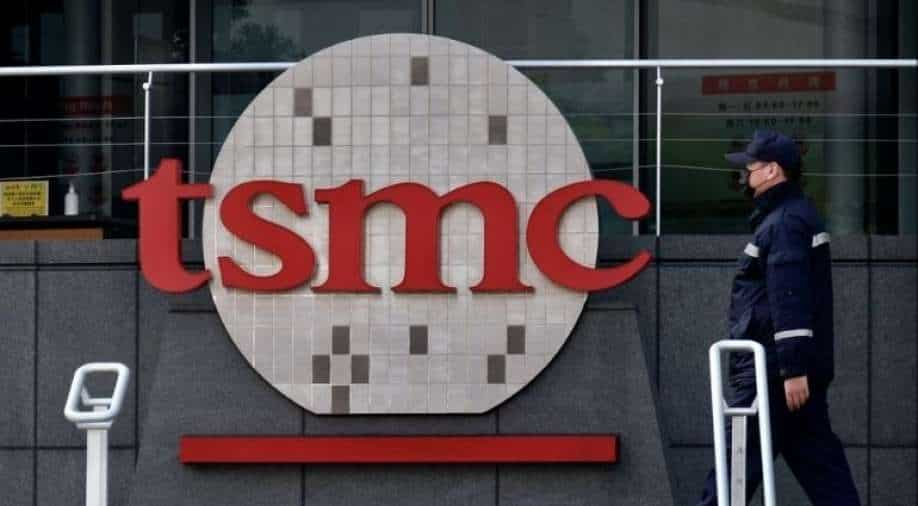The European Central Bank (ECB) is preparing to implement its third reduction in interest rates this year during its upcoming meeting on Thursday. Officials have indicated that inflationary pressures are subsiding more swiftly than anticipated. As of Monday morning, financial markets are expecting not only an additional cut of 25 basis points in October but also a subsequent decrease to 3 per cent during the final meeting of the year in December as detailed in a report by CNBC. While economists do not foresee the ECB officially altering its guidance this week, they believe that President Christine Lagarde is unlikely to adjust expectations for a quicker pace of rate reductions. Recent data shows that inflation in the eurozone eased to 1.8 per cent in September, falling below the central bank's target of 2 per cent. Core inflation, which excludes more volatile elements like energy and food, reached a two-and-a-half-year low of 2.7 per cent. These figures have generally continued to decline even after the ECB reduced rates by 25 basis points in both June and September, lowering the key deposit facility rate from a peak of 4 per cent to 3.5 per cent. As of Monday, money markets reflect expectations for another 25-basis-point decrease in the October meeting, followed by a cut to 3 per cent at the December gathering. The build-up of expectations for more aggressive monetary easing has occurred since the ECB's meeting on September 12, fueled by dovish remarks from officials and lower-than-expected inflation figures from various eurozone nations, including Germany. Bank Governor Francois Villeroy de Galhau stated last week that an October rate reduction is "very likely" and suggested that it "won't be the last." Villeroy remarked on radio station France Info, "Victory against inflation is in sight," while acknowledging that some fluctuations and increases in the headline rate might occur. ECB President Christine Lagarde informed EU parliamentarians late last month that recent developments have bolstered the central bank's confidence that inflation will return to target in a timely manner, indicating that this would be considered in the October meeting. Analysts at Citi characterised this statement as a shift from Lagarde's prior messaging on September 12, which indicated a more cautious approach to rate cuts due to inflation risks. Even Joachim Nagel, noted as a hawkish figure within the ECB and head of Germany's Bundesbank, expressed earlier this month that current inflation trends are good news and that he is open to discussing another reduction. The anticipation of consecutive rate cuts has also been fuelled by ongoing sluggishness in economic activity across the eurozone, alongside the U.S. Federal Reserve's decision on September 18 to proceed with a 50-basis-point rate cut. Barclays strategists noted in a Sunday update that "softer activity and faster inflation have an immediate impact on both ECB communication and markets." The composite purchasing managers' index, which gauges activity in both services and manufacturing, indicates stagnation in the third quarter following modest growth of 0.1 per cent in the second quarter. A preliminary reading for the third quarter is expected to be released on October 30. According to Allen-Reynolds, Economics' chief eurozone economist, tight monetary policy is hindering growth, exacerbated by structural challenges such as declining German industrial competitiveness. He predicts that the ECB will reduce rates during this week's meeting and in subsequent sessions until reaching a deposit rate of 2.5 per cent. This outlook is supported by a cooling labour market and slower wage growth expected to lower services inflation in coming months. Last month, the ECB revised its annual growth forecast for the eurozone, now projecting a GDP increase of 0.8 per cent, down from a previous estimate of 0.9 per cent. Economists at Bank of America Global Research expressed in a Sunday note that they expect the ECB to lower rates this week without making significant changes to their guidance. They stated that "in view of that trajectory to reach 1 per cent by 2025 further down to 0.5 per cent by end-2025." However, they believe the ECB is unlikely to communicate such a trajectory explicitly. The approach of assessing each meeting based on data will likely remain in place, with possible verbal indications of growing confidence that inflation is on track to meet targets. Berenberg Chief Economist Holger Schmieding suggested that Lagarde may not modify market expectations for a December cut during her upcoming press conference, thus solidifying current pricing. He also anticipated that the ECB might have to further downgrade its growth outlook for 2024 when it releases new staff projections in December. Schmieding cautioned that the central bank risks overreacting and implementing monetary easing too quickly. He noted that once euro area growth normalises next year as expected by the ECB, wage inflation will likely rebound, allowing companies to transfer higher costs to consumers. He concluded that if the ECB lowers the deposit rate well below 2 per cent in 2025, it will have to raise it back to 3 per cent late 2026 or early 2027. A journalist, writing for the WION Business desk. Bringing you insightful business news with a touch of creativity and simplicity. Find me on Instagram as Zihvee, tr None
Popular Tags:
Share This Post:

Alibaba claims its new AI translation tool outperforms Google and ChatGPT
October 17, 2024
Amazon goes nuclear: investing over $500 million to develop small modular reactors
October 17, 2024What’s New
Spotlight
New Zealand inflation declines to lowest rate since 2021
- by Sarkai Info
- October 16, 2024
Today’s Hot
Global public debt to pass $100tn this year: IMF Report
- By Sarkai Info
- October 16, 2024
Featured News
Latest From This Week
China's ministry of finance takes bold steps to address debt and revive economic growth
BUSINESS-ECONOMY
- by Sarkai Info
- October 15, 2024
Fed governor Waller emphasises caution in potential interest rate cuts
BUSINESS-ECONOMY
- by Sarkai Info
- October 15, 2024
World Bank reports that 26 poorest countries are in worst financial shape since 2006
BUSINESS-ECONOMY
- by Sarkai Info
- October 14, 2024
Subscribe To Our Newsletter
No spam, notifications only about new products, updates.






